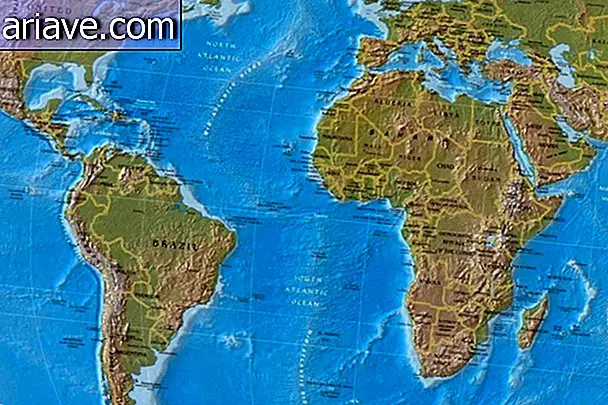How long would it take to cross the Milky Way?
The limits of our galaxy have expanded! A new analysis of the Milky Way's most distant points and published in the scientific journal "Astronomy and Astrophysics" showed that it is even larger than previously believed.
Studying the metallicity indices of stars beyond what was previously considered the Milky Way boundary, scientists at the Canary Astrophysics Institute realized that even outside these boundaries are stars composed of a large abundance of metals similar to those found in the nearest stars. in the sun.

To reach new conclusions about the other stars on the edges of the galaxy, the researchers investigated their light spectrum, that is, their breakdown into different colors, whose hue patterns are capable of suggesting elements that compose them.
This analysis that changes the patterns of the galaxy was made from data collected in two ways: through the Apache Point Observatory's Galactic Evolution Experiment (APOGEE) and the LAMOST telescope, a multi-object spectroscopic observation project that occupies large areas. from the sky.

According to one of the co-authors of the article that presents the recent evidence, astrophysicist Carlos Allende, the new perception of the Milky Way points out that it is 200, 000 light years, not 100, 000 to 160, 000 as it was supposed to.
Remembering that 1 light year, the distance light can travel in 1 year, is about 10 trillion kilometers - they are too zero even to imagine!

The discovery does not mean that this new limit is definitive either, so other stars with similar characteristics could exist even further. If the stars now considered are three times farther from the center of the galaxy than the sun, the authors say there may be another row four times farther.
This further shows that the Milky Way is the same size as Andromeda, or even larger - although it was long believed that Andromeda was more robust.
***
Do you know the Mega Curioso newsletter? Weekly, we produce exclusive content for lovers of the biggest curiosities and bizarres of this big world! Register your email and do not miss this way to keep in touch!











